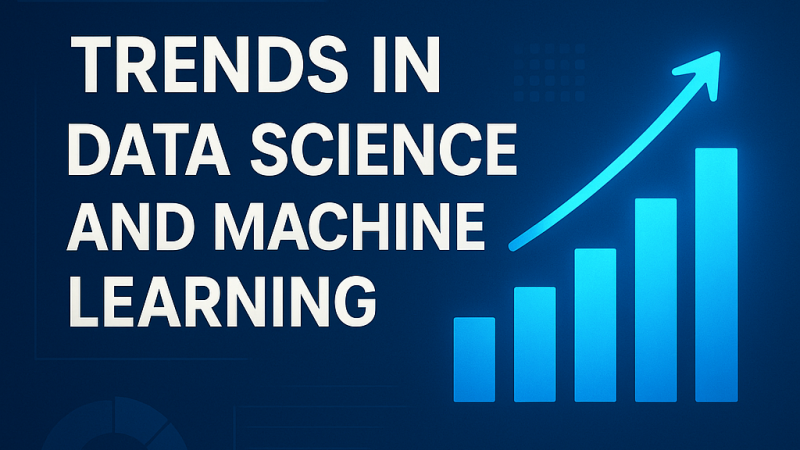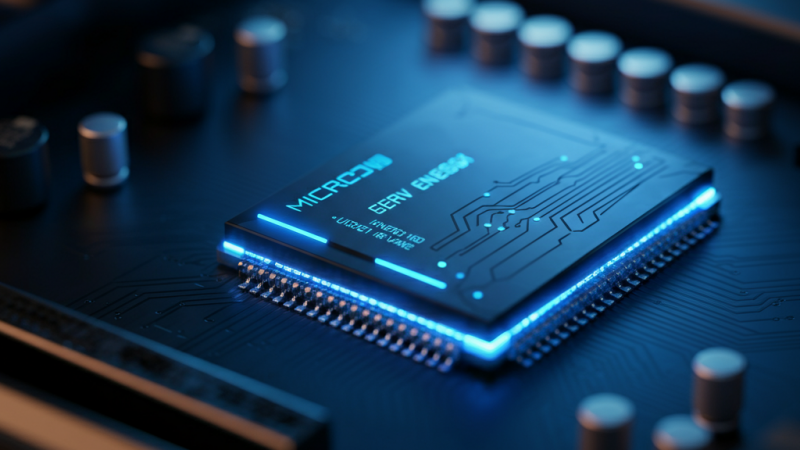The theory of intelligence: Evolution of AI and the relevance of the Turing test

In simple words, artificial intelligence is the science of constructing, understanding, and improving intelligent machines. Although artificial intelligence is at its initial stage of development it has led to the design of very significant products which have had a tremendous impact on the life of sapiens. Artificial intelligence has been at the center of problem-solving capabilities for human beings. The art of perceiving, understanding, and predicting the course of an event is not a simple task. It needs a complex system like the human brain to perform such a task. Scientists have been working on such devices and systems which are able to mimic the functions of the human brain. It is a challenging task that is incomplete without invoking the capacities of artificial intelligence.
Evolution of AI
Artificial intelligence as a concept informally started in the 20th century and it was around this time that the name was coined. However, the study of intelligence is a field that is more than 2000 years old. The field of intelligence has been gradually studied by fields like philosophy and reasoning. But the Theory of Intelligence which focuses on the fabrication of electronic brains capable of self-improvisation is a new field in itself. The field of artificial intelligence incorporates the knowledge of disciplines like human behavior, thought process, analytical thinking, reasoning, and rationality when we speak of the qualitative domain. In the quantitative domain, the fields of statistics, mathematics, programming, analytics, and the like have contributed significantly to the development of artificial intelligence. This has led to the development of such systems that are capable of thinking and acting both logically and rationally.
The relevance of the Turing test
The Turing test, which is the foundation stone of any ai course in India, was the brainchild of Alan Turing which he proposed in the year 1950. The main intention of this test was to devise a qualitative and holistic definition of intelligence. Turing proposed that the machines that are capable of performing cognitive tasks and function parallel to the human brain can be called artificially intelligent machines. He was of the view that the test should be administered by a human to distinguish between a man and a machine. If the administrator detects the difference between man and machine on the other side, the machine fails the Turing test. On the other hand, if the administrator is unable to detect the difference between a man and a machine, the machine is said to have passed the Turing test. In addition to this, the machine should possess four prime capabilities in order to be called an artificially intelligent machine.
The first capability is related to Natural Language Processing that enables a machine to communicate seamlessly with humans. This second capability is related to knowledge representation in which a machine is able to use the information of the present conversation during the future interrogation. The third capability is related to reasoning. In this process, a machine should be able to mine the database of information and use it to draw useful conclusions. The last capability is related to machine learning. This is where the machine should be able to detect various types of patterns in unstructured data sets and adapt to new conditions and circumstances by extracting information from previous data sets. In recent times, the Turing test has been modified into what we now call the total Turing test. In the total Turing test, the machine is used for testing the two prime capabilities of computer vision and robotics. This means that a machine should be able to perceive objects while being equipped with a certain level of mobility.
The importance of cognitive modeling
The importance of cognitive modeling to intelligent machines is that this process enables the machine to draw augmentative structures and derive exact conclusions using the given set of data. For the process of cognitive modeling, we prescribe some laws of thought which govern the field of logic for the working of an intelligent machine. This logic is important as it serves as a framework for programs and software that underline the architectural features for the creation of intelligent systems. However, it is difficult to envisage a system that caters to the above laws. The computational resources take into consideration the feasibility of these laws while working out a solution or drafting a problem-solving approach.
Concluding remarks
The evolution of artificial intelligence continues till date and we may expect further advances in the cognitive capabilities as well as the line of attack for solving complex problems. Meanwhile, the progress of artificial intelligence continues to trace an exponential trajectory.






